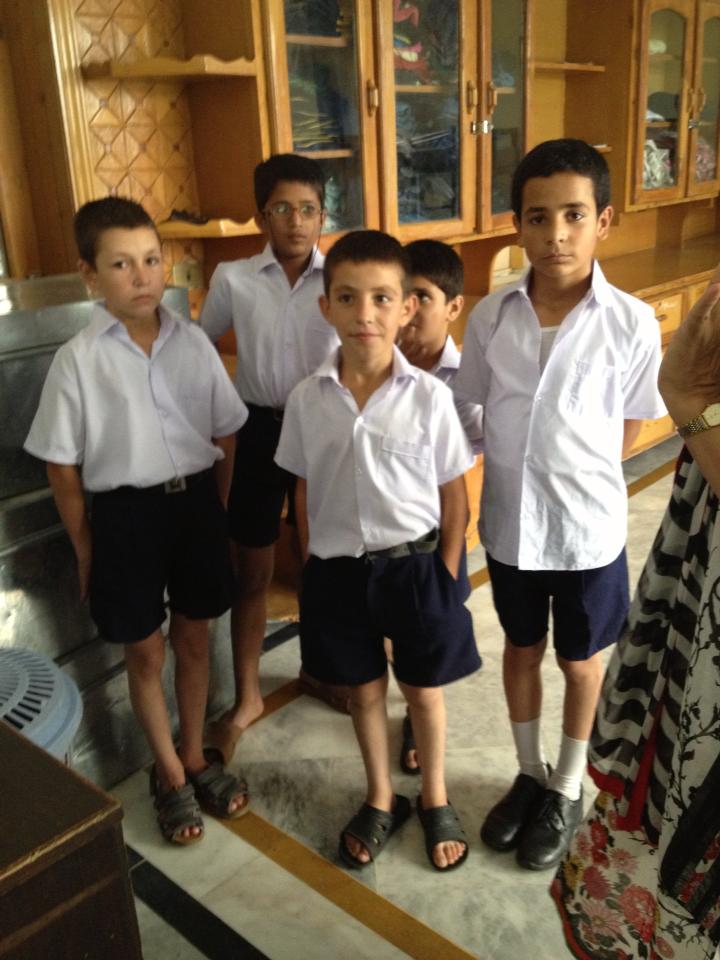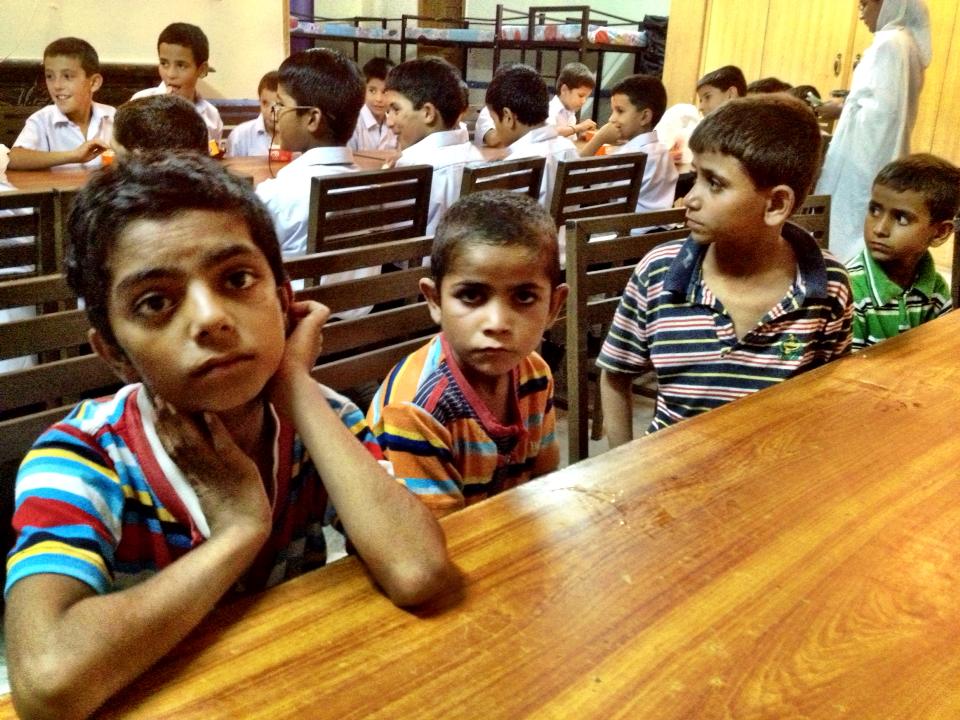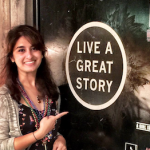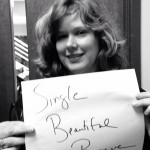I have opinions. About the X-Men.
I’m a child of the 1990’s, so my reference point is the amazing cartoon, “X-Men: The Animated Series,” which aired from 1992-1997 (like “Star Wars Episode I: The Phantom Menace,” the recent movies simply don’t exist in my brain database). Rogue was my favorite, she of the big hair, epic sass, and ability to fly. I had a crush on Gambit, and an inexplicable thing for guys with N’Awlins accents and the ability to handle a deck of playing cards ever since. As I got older, I appreciated Cyclops’ leadership, Wolverine’s unrequited love, and Storm’s wisdom (and seriously folks, that rockin’ mane of white hair was a force of nature in and of itself). Even Jean Grey managed to kick ass as the Phoenix.
But somehow, I managed to largely discount Professor Xavier, the man who created a school for those who were misunderstood or shunned, some even orphaned, literally and figuratively. He was the man with the plan. He gave society’s outcasts a future.
I found myself thinking of Professor X in Pakistan this past August, during my first trip back in ten years. Since coming back, I’ve been ruminating on Pakistan this time around and what it taught me. Pakistan, for all its damage and strange beauty, has always held lessons for me. I was born there, and though I’ve had the hyphenated Pakistani-American identity since I was one year and one month old, Pakistani earth makes up my skin and Punjab’s rivers flow through my veins.
From afar, it always seems like Pakistan is moving backwards. But up close, it’s a country that is currently moving both forwards and backwards, like the simultaneous expansion and contraction of the universe. I saw glimmers of hope, smidgens of change. And the harbingers are mini-superheroes.
 If you look for them, there are superheroes everywhere in Pakistan. There are flashes of change, havens of fortitude. A former sports star’s ideology has inspired civic engagement in a country where voting was considered “beneath” a certain class just a few years ago. A teenage girl brave enough to take a bullet for her beliefs speaks at the U.N. about global education initiatives and has created a ripple effect for women’s rights. Pakistan even has its own kickass superhero, the Burqa Avenger, a schoolteacher who fights the bad guys armed only with books and pens.
If you look for them, there are superheroes everywhere in Pakistan. There are flashes of change, havens of fortitude. A former sports star’s ideology has inspired civic engagement in a country where voting was considered “beneath” a certain class just a few years ago. A teenage girl brave enough to take a bullet for her beliefs speaks at the U.N. about global education initiatives and has created a ripple effect for women’s rights. Pakistan even has its own kickass superhero, the Burqa Avenger, a schoolteacher who fights the bad guys armed only with books and pens.
And nowhere was this more apparent than at the school made up of unimagined dreams.
Nearly two years ago, my beautiful aunt Sonia gathered a group of people together to create opportunity for orphaned children –for in Pakistan, children are the casualties of the violence that ripples casually and destructively through the landscape. Sonia aunty, together with a group of women who agreed to be director, warden, teachers, and caretakers, took on responsibility for nearly 100 boys, all of whom have been orphaned in the Muslim definition of the word: they have lost fathers, but not always mothers. A handful of them are “yateem,” or true orphans, having lost both mother and father. They come from the northern areas of Pakistan – the Swat valley or surrounding regions – or from the tribal areas of Sindh and Balochistan. They have lost fathers in drone attacks, through sectarian violence, or because of old landmines that remain embedded in the countryside. Some have lost mothers to grief or to the harsh realities of widowhood.
The day we visited the school was the day after Pakistani Independence Day, two days after the boys had returned to Islamabad from their summer holidays at home. Flooding and landslides in some areas have prevented some children from returning, their arrival delayed by at least a week. The boys who are there are all between the ages of five and ten. Nearly 85 of boys have already spent a year at the school: they are in their uniforms, they know their routines. The light is coming back to their eyes and they are easier with one another, shy with newcomers.
A few of them sit silently looking at their hands – these are the ones with lingering psychological trauma. The boy who spent months in a religious madrassa after his father’s death and recites a verse from the Quran with a seriousness and a pain in his eyes that belies his age. The other boy who one morning desperately tried to stop his father from attending the tribal meeting which took his father’s life. The youngest child, barely five, who looks around with a permanent confusion, lost now that he has neither mother nor father.
In the beginning, all the boys were difficult to handle. The scars of sectarian violence seeped into the boys’ dealings with one another: the Balochis grouped together against the Sindhis and the northerners, the Sunnis pitted themselves against the Shias. There were knife fights, bed-wetting. Basic hygiene was not something any one of them was familiar with. But by the end of their first year, many didn’t want to leave the school’s haven for their homes. They are happy here.
There are four new boys. They don’t yet have uniforms, and their faces are still creased with worry, their eyes haunted. The other boys have been taught to speak only in Urdu, to prevent the linguistic groupings that had formed before, but these boys speak only Balochi. Sonia aunty calls over another boy to translate. There’s a stark difference between his manner and confidence and the wariness of the new boys. They sit apart from the others, their body language rife with fear. Your heart goes out to them, but you know also that they now have a future, and though they can’t yet see it, heretofore unimaginable opportunities.
The boys show us their bunks, their wardrobes, their shoe cabinets. We talk to the oldest group about what they want to be when they grow up. “A doctor!” says one. “A pilot,” says another, “so I can fly above the clouds.” They have been taught to dream, by real life superheroes who believe in them, who’ve taken society’s outcasts and built for them a safe haven. Just like Professor X and his School for Gifted Youngsters.
—-
www.patheos.com/blogs/loveinshallah columnist Zainab Chaudary works in politics by day and as a writer by night. Her blog, The Memorist, ruminates upon travel, religion, science, relationships, and the past, present, and future experiences that make up a life. She tweets @TheMemorist.












